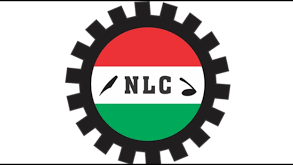The Standards Organisation of Nigeria has identified subpar packaging, inadequate testing, certification gaps, and lack of quality assurance as key factors behind rejection of Nigerian exports.
Data from the National Agency for Food and Drug Administration and Control also revealed that over 70 per cent of food exports from Nigeria were rejected abroad, resulting in substantial financial losses for exporters and the nation.
Poor packaging and labelling are responsible for 30 per cent of the rejections, according to experts.
The Director-General of SON, Mallam Farouk, while addressing industrialists in Lagos, emphasised the urgent need for Nigerian industries to adhere to rigorous quality standards.
According to Farouk, “Some of our products are rejected abroad because they do not meet certain standards. We must adhere to quality standards.”
He encouraged industries to focus on enhancing the quality of their goods and ensure they met the required standards.
Farouk further urged businesses to actively engage with SON to establish and maintain international quality standards for Nigerian products, fostering acceptance in the global market.
He said: “Collaborate closely with regulatory bodies for guidance. The necessity of collaboration between industries, customers, and regulatory bodies cannot be overstated.”
“The use of fertilizers and pesticides, which contain chemicals, could lead to some of the food exports being rejected,” he warned.






